Are you looking to develop secure, high-performance applications for your business? Microsoft’s .NET framework could be the key to delivering flexible, scalable solutions that meet your evolving needs .NET is the fundamental framework for creating high-performance web applications across all of Microsoft’s tools and platforms. By leveraging .NET, businesses can achieve the flexibility and power needed to thrive in today’s competitive digital landscape, while also enhancing developers’ skills.
Microsoft has been a trailblazer in technological innovation for decades, with .NET standing as one of its most impactful contributions. This robust and adaptable framework has become the bedrock of modern software development. In this article, we will delve into the core of contemporary Microsoft technologies and shed light on the significance of .NET for today’s developers.
This post will examine the reasons behind the foundation of contemporary Microsoft technologies—.NET—and how they can be applied to various business needs.
What is .NET?
Prepare to embark on an exhilarating journey into the dynamic world of .NET! Unleashed by Microsoft, .NET is a vibrant, open-source developer platform that empowers developers to create a diverse range of applications for desktop, web, mobile, and gaming, harnessing the power of languages such as C#, F#, and Visual Basic. Since its inception in 2002, .NET has continuously evolved, solidifying its position as one of the most robust frameworks for constructing high-performance, secure, and scalable applications.
Microsoft’s creation of the expensive open-source framework, .NET, has revolutionized app development, providing programmers with the tools to create a wide range of versatile and flexible applications, from desktop to web and mobile. With its adaptability and resilience, .NET has become an indispensable platform for businesses seeking to develop dependable apps that can seamlessly adapt to evolving demands.
The Evolution of .NET:
- .NET Core and .NET 5/6/7:
Initially, .NET was tied closely to the Windows platform. However, with the introduction of .NET Core, Microsoft opened the doors to cross-platform development. .NET Core laid the groundwork for future iterations like .NET 5, .NET 6, and now .NET 7, each offering improvements in performance, scalability, and developer productivity.
- Future Outlook:
Looking to the future, .NET is still developing. Future iterations are expected to offer even more cross-platform compatibility, improved speed, and stronger security measures. With an expanding library, toolkit, and community support,.NET is still an essential platform for contemporary software development.
Key Components of .NET

- Common Language Runtime (CLR):
The Common Language Runtime (CLR) is the heart of .NET. It manages memory, handles exceptions, and executes code. The CLR allows for multiple programming languages to work together seamlessly, making it easier for developers to build complex applications.
- Framework Class Library (FCL):
The Framework Class Library (FCL) is another critical component of .NET. It provides a vast collection of reusable code, libraries, and APIs that developers can use to perform everyday tasks like reading and writing files, connecting to databases, and manipulating data structures.
ASP.NET is a robust and versatile web development framework that is an integral part of the .NET platform. It empowers developers to build highly interactive and feature-rich websites, web APIs, and web services. ASP.NET is designed to embrace contemporary development methodologies such as Model-View-Controller (MVC), enabling developers to create well-structured and maintainable web applications. Its architecture is optimized to deliver exceptional performance, making it suitable for building high-traffic and resource-intensive web applications.
One of the key strengths of ASP.NET is its seamless integration with Microsoft Azure, a leading cloud computing platform. This integration offers developers convenient deployment options and the ability to effortlessly scale web applications in response to changing demands. By leveraging the capabilities of Microsoft Azure, ASP.NET enables developers to build and deploy cloud-based applications with enhanced reliability, security, and flexibility.
Why is .NET So Important?
- Cross-Platform Compatibility:
- Language Versatility:
- Versatility and Scalability:
- Security Features:




